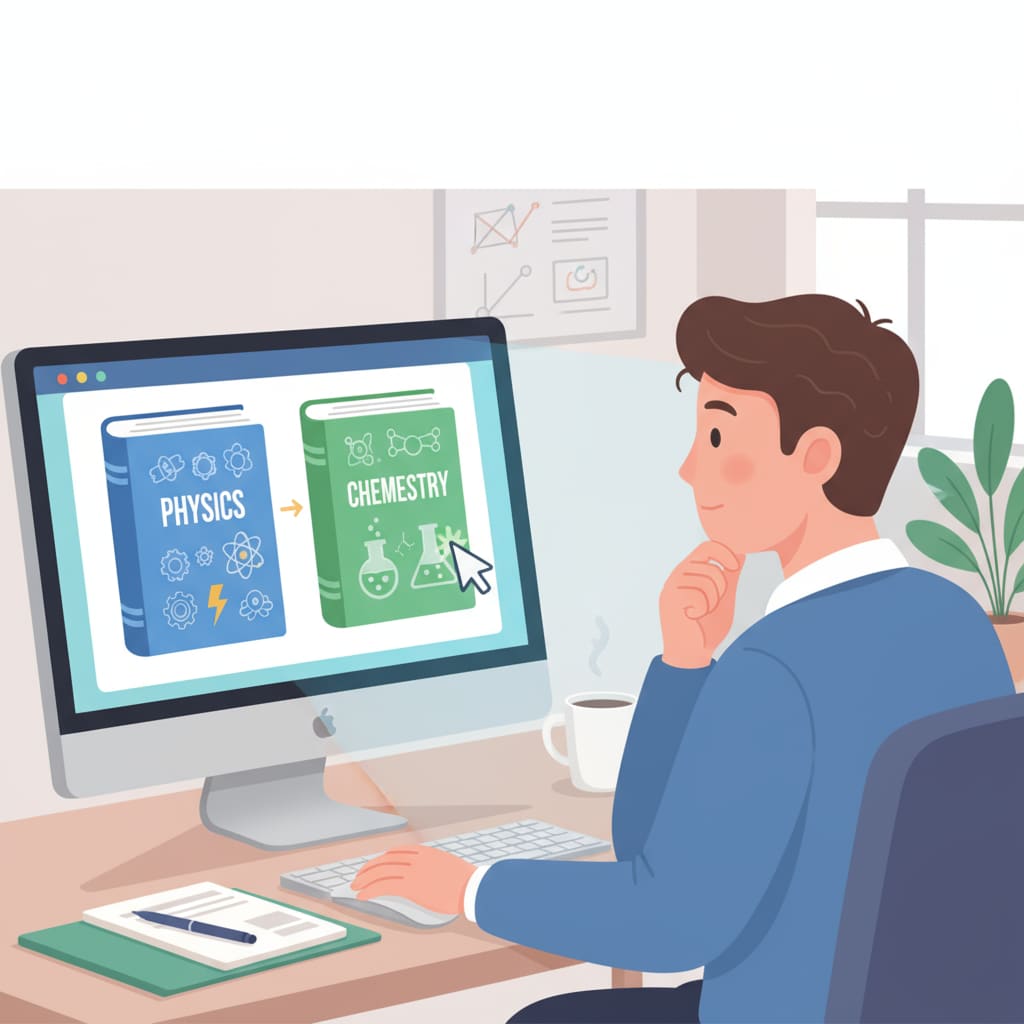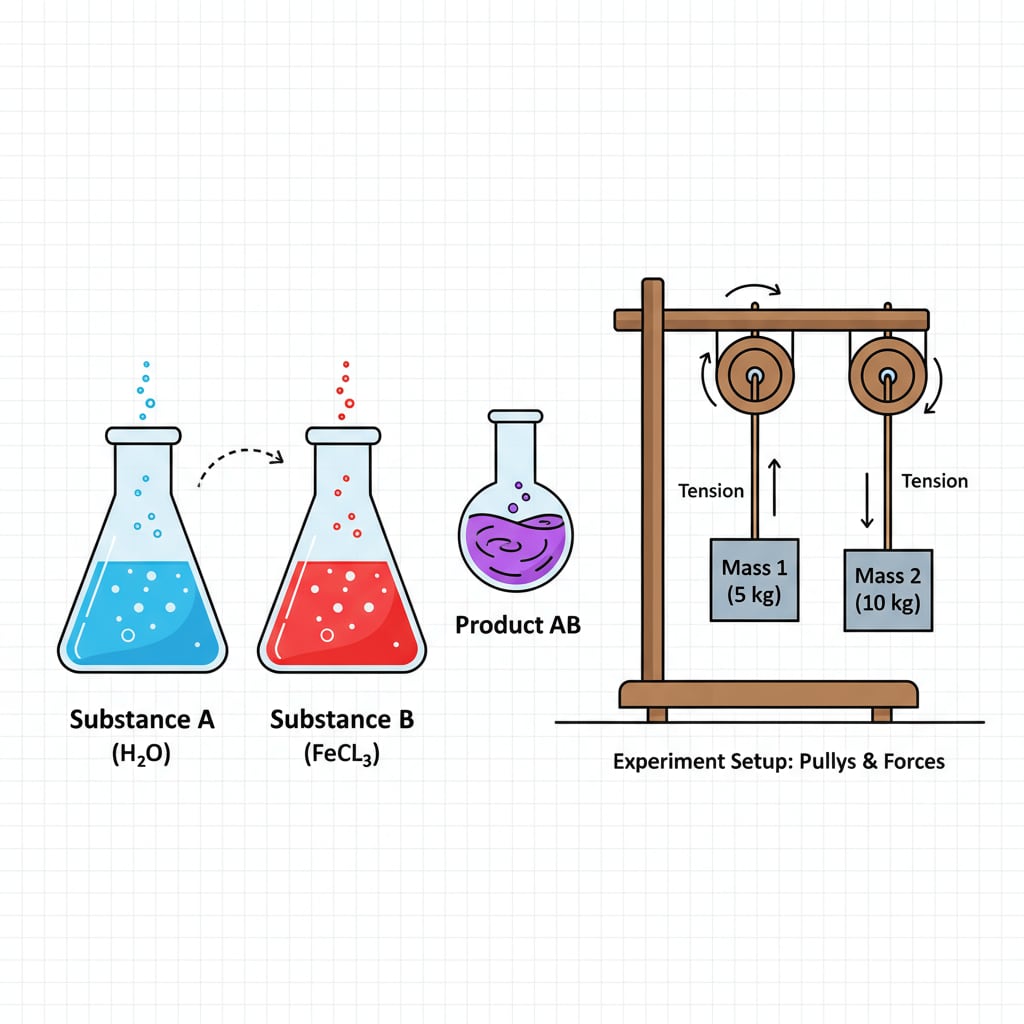In the world of online learning, particularly in relation to the health field, students frequently find themselves at a crossroads when deciding between physics and chemistry. The choice between these two scientific disciplines can significantly impact one’s academic and professional journey. So, how does one make the best decision?

Assessing Personal Interests
Personal interests play a crucial role in this decision-making process. If you are fascinated by the fundamental laws governing the universe, such as motion, energy, and forces, then physics might be your cup of tea. Physics explores the behavior of matter and energy at various scales, from the tiniest subatomic particles to the vast expanse of the cosmos. For example, understanding how light travels and interacts with different materials is a fascinating aspect of physics. Physics on Wikipedia
On the other hand, if you are more intrigued by the composition, structure, properties, and reactions of substances, chemistry could be the right choice. Chemistry delves into the world of atoms, molecules, and chemical bonds. It helps us understand how different substances combine and transform, which is essential in fields like medicine and environmental science. For instance, the study of how drugs interact with the human body at a molecular level is a key area in chemistry. Chemistry on Britannica

Evaluating Learning Abilities
Another important factor is your learning abilities. Physics often requires strong mathematical skills, as it involves complex equations and problem-solving. If you are comfortable with calculus, algebra, and trigonometry, and enjoy working through challenging mathematical problems, you may find it easier to grasp the concepts in physics.
Chemistry, while also having its fair share of mathematical components, places more emphasis on memorization of chemical formulas, reactions, and periodic table trends. It also requires good observational skills to understand chemical reactions and their outcomes. If you have a good memory and are detail-oriented, you might have an advantage in learning chemistry.
Readability guidance: As seen above, we’ve used short paragraphs to present clear ideas. For each main point, we’ve provided a straightforward explanation. We’ve also included transition words like “on the other hand” to smoothly shift between different aspects of the decision-making process.


